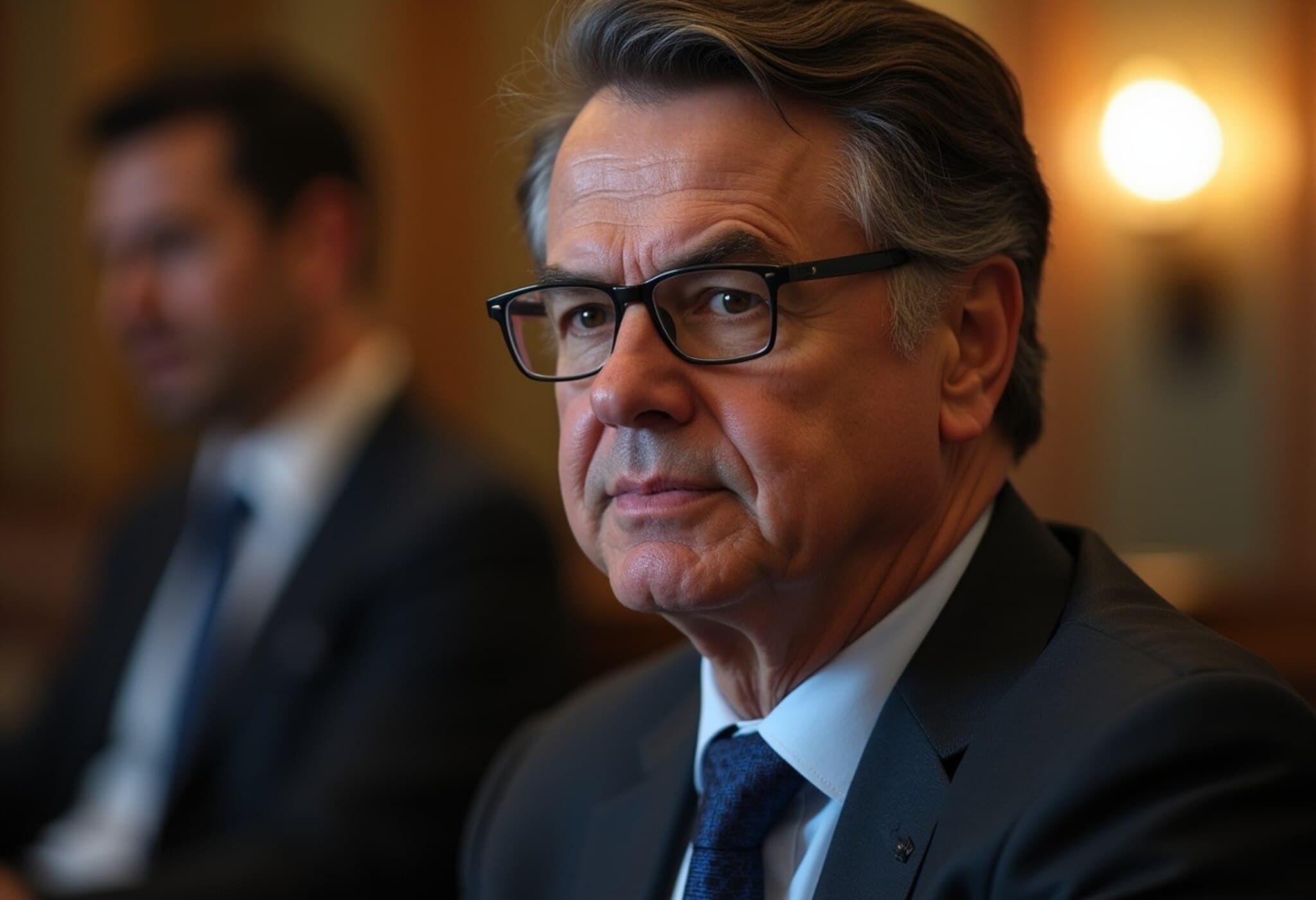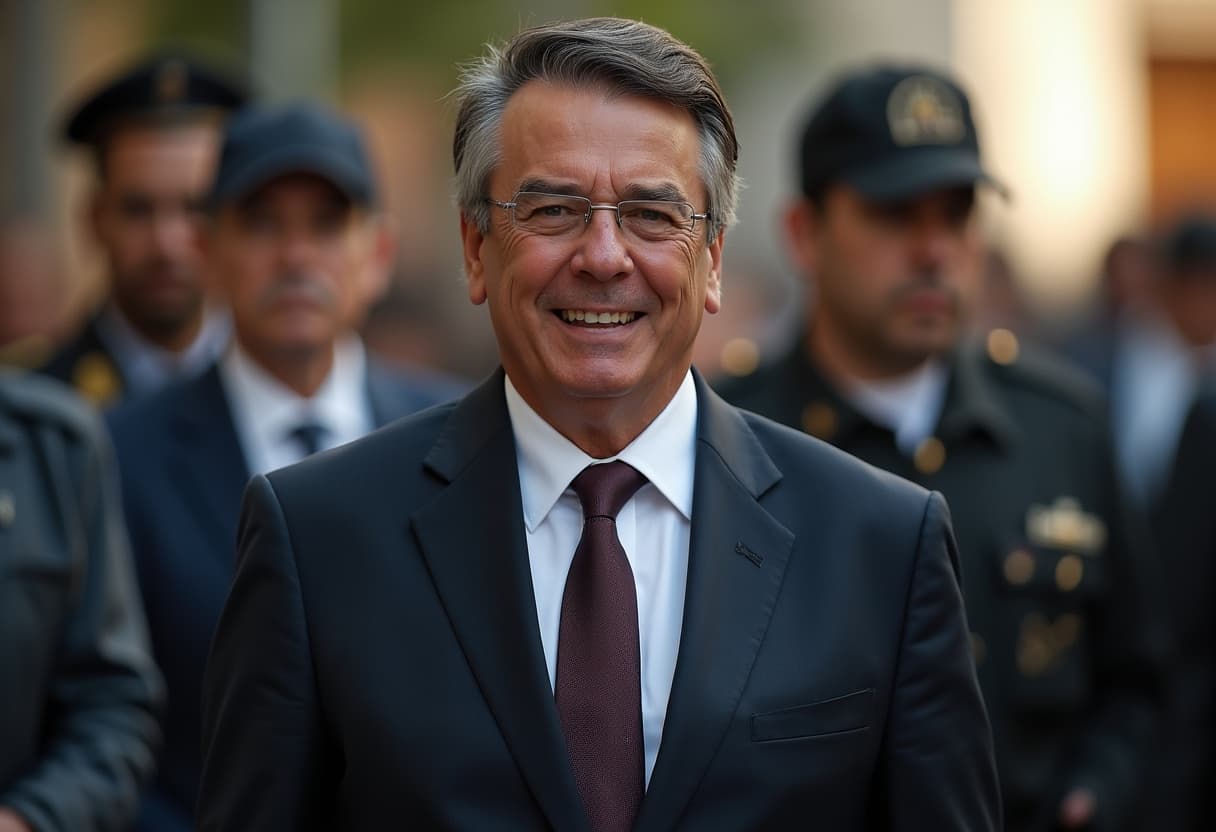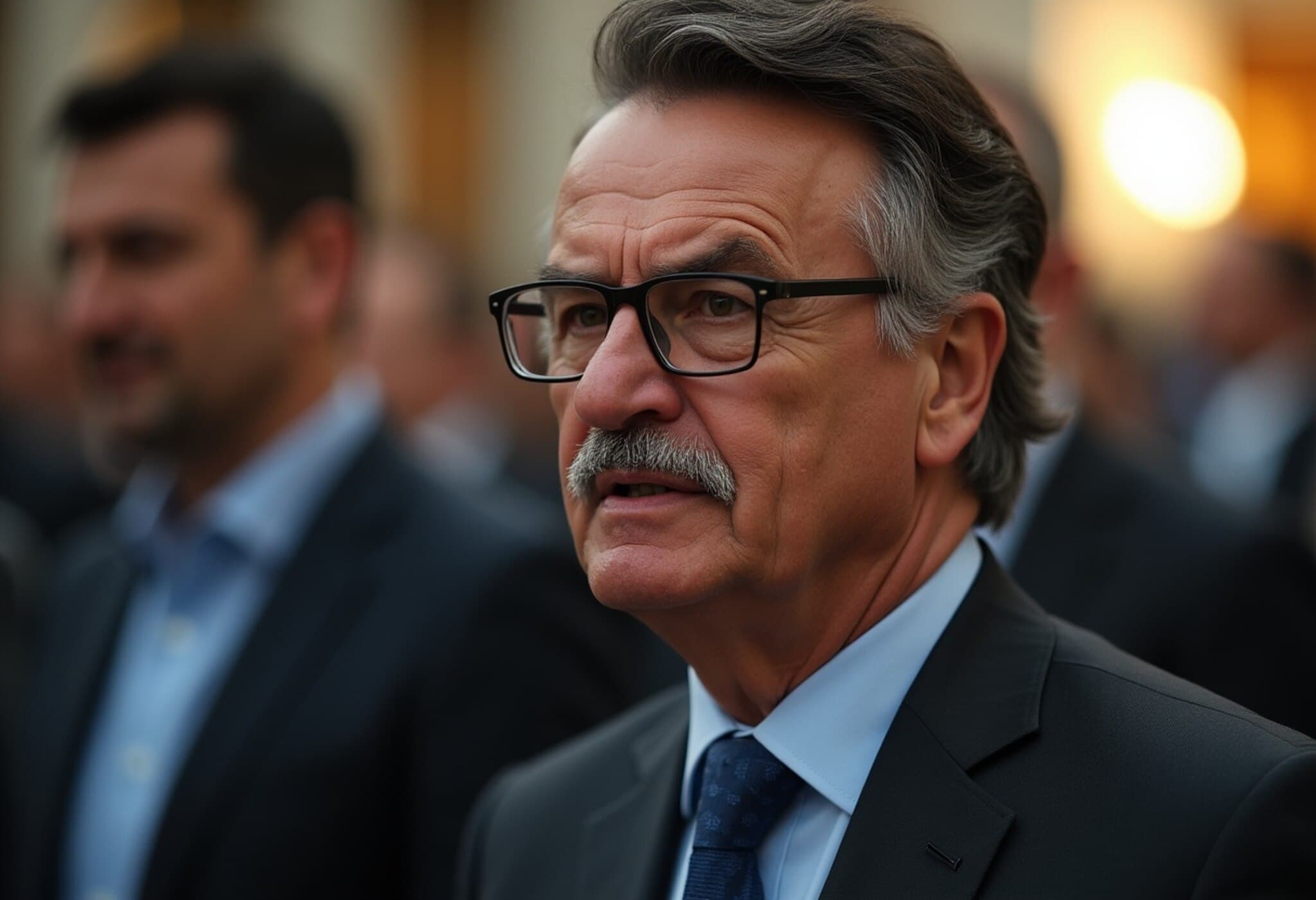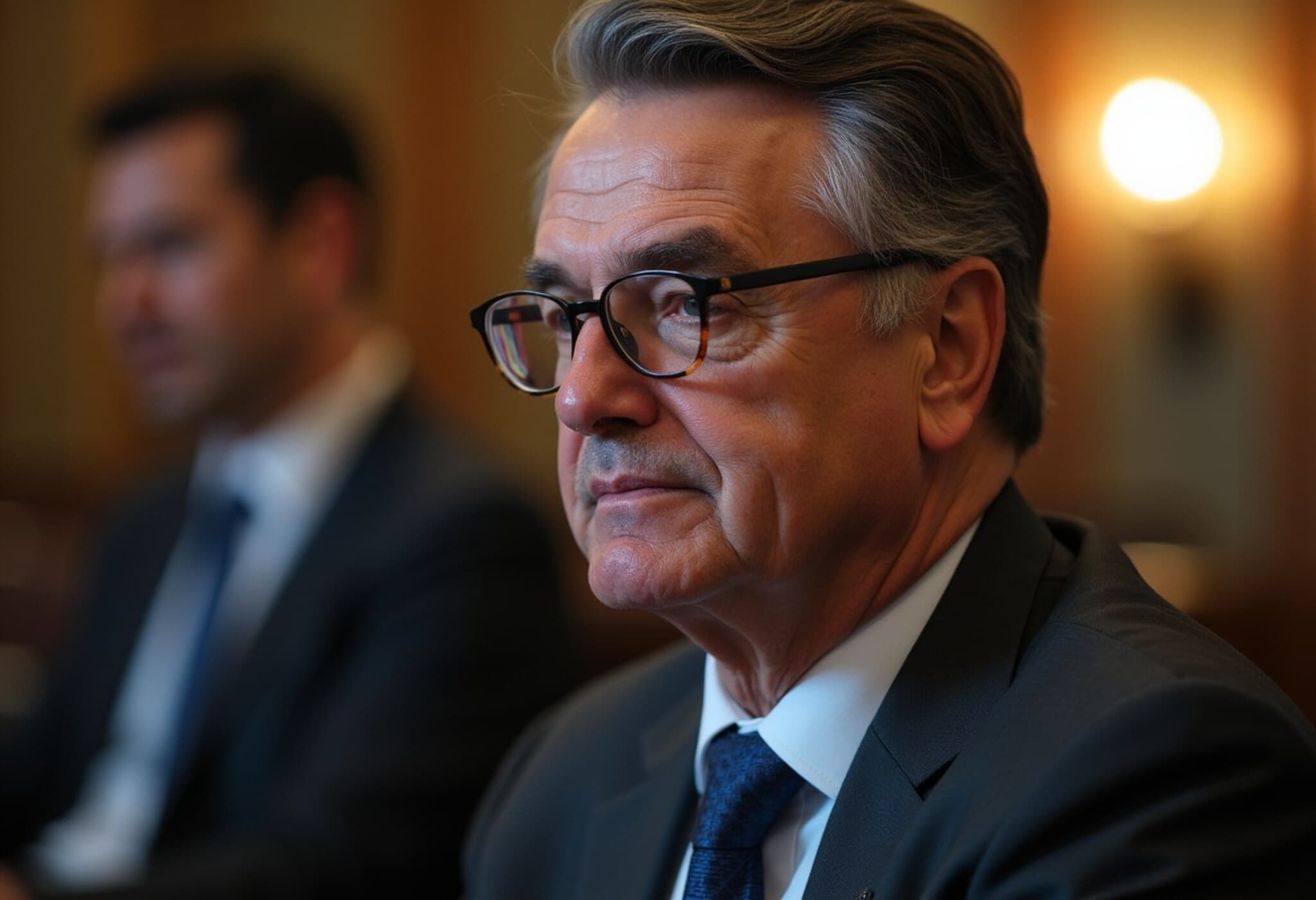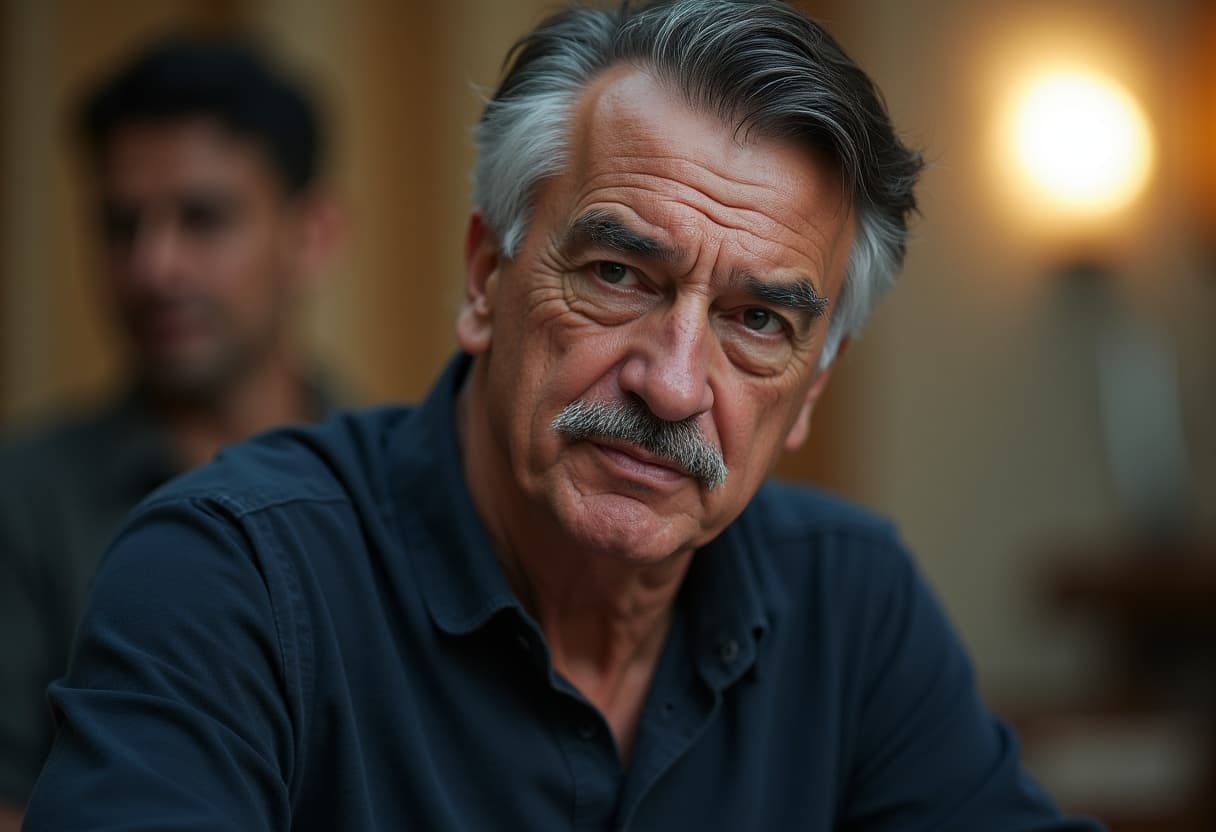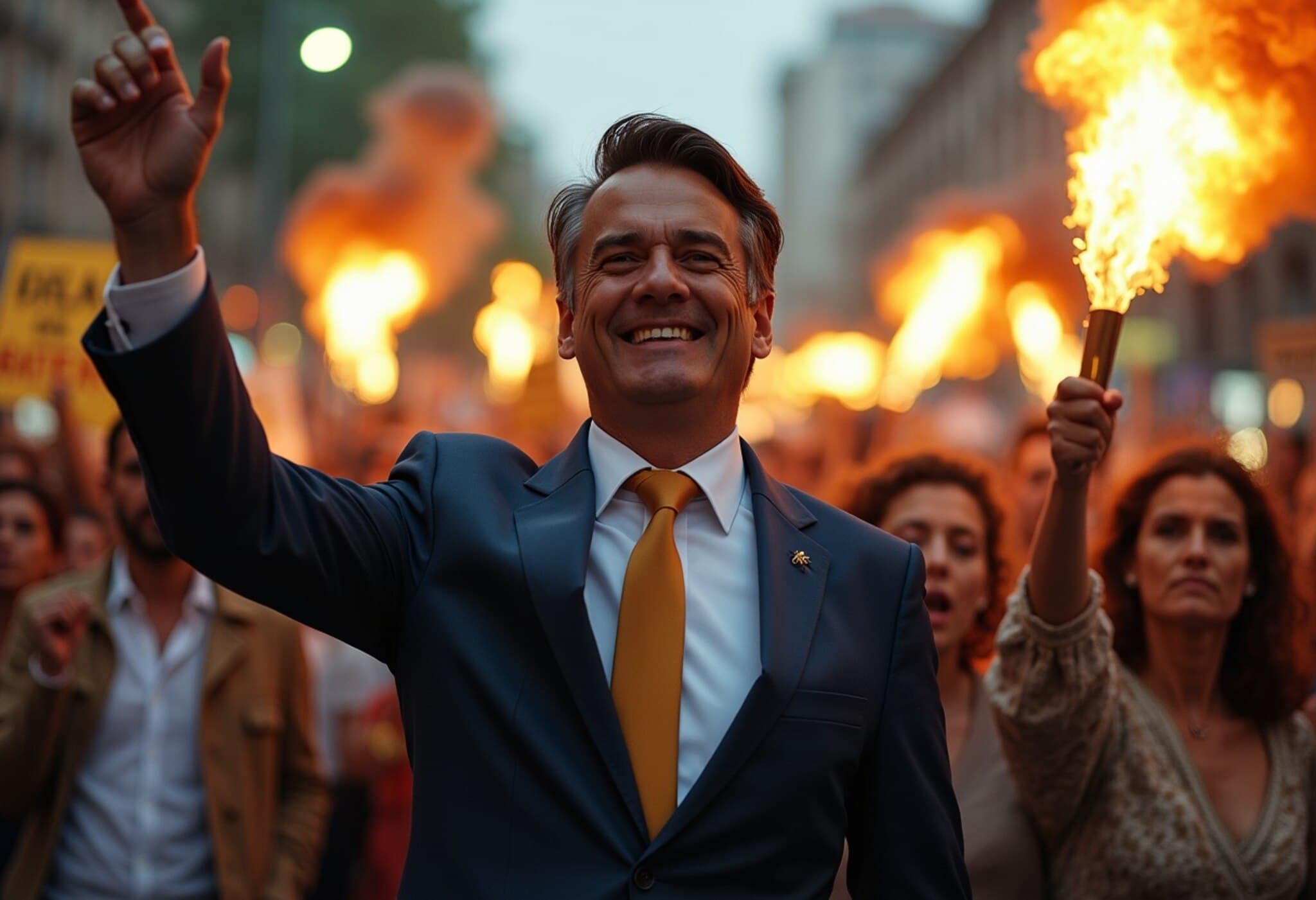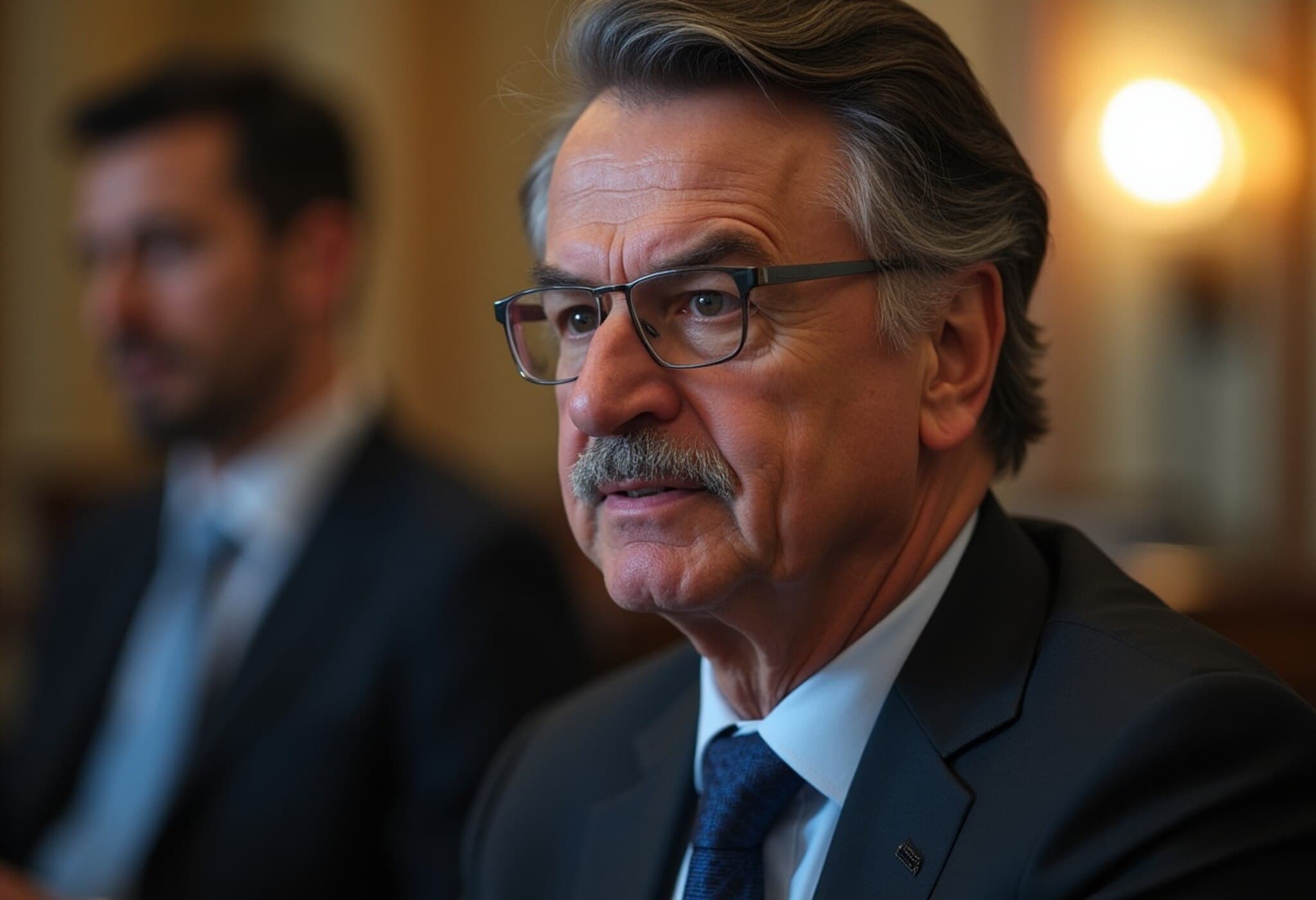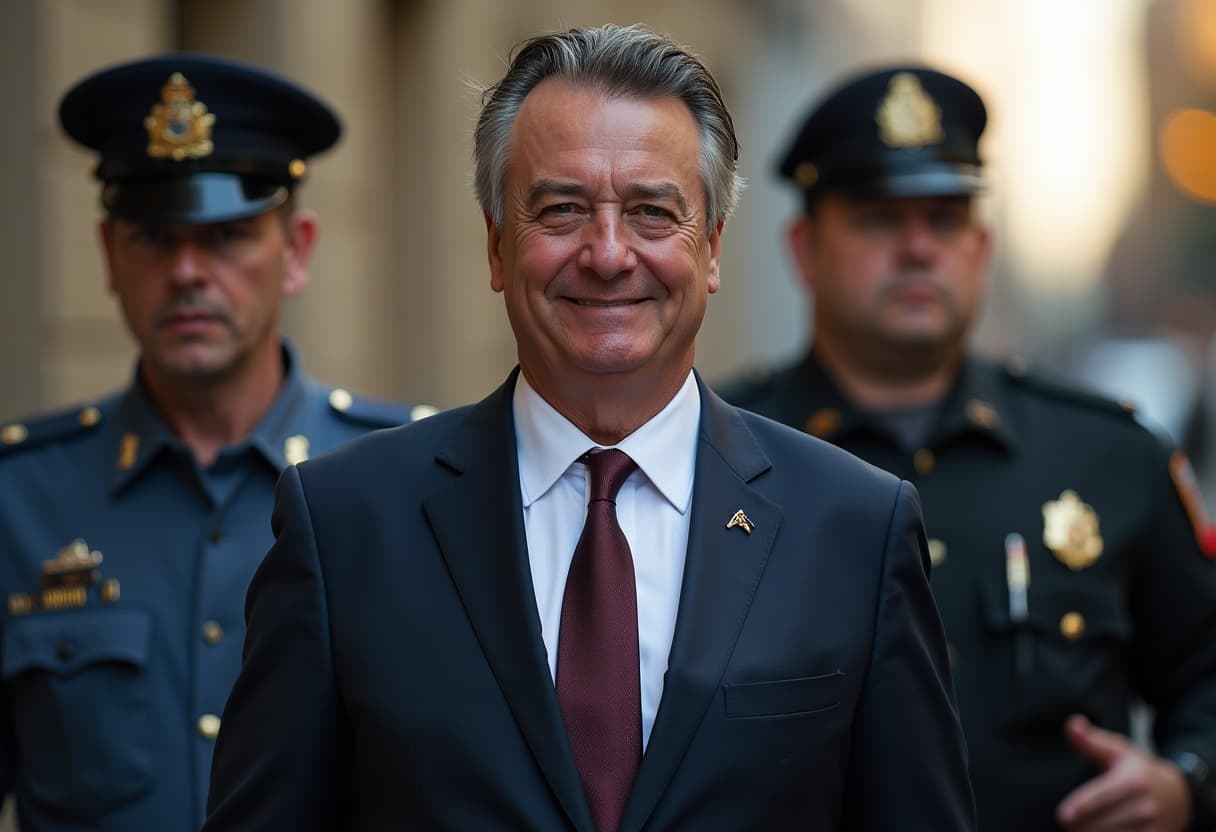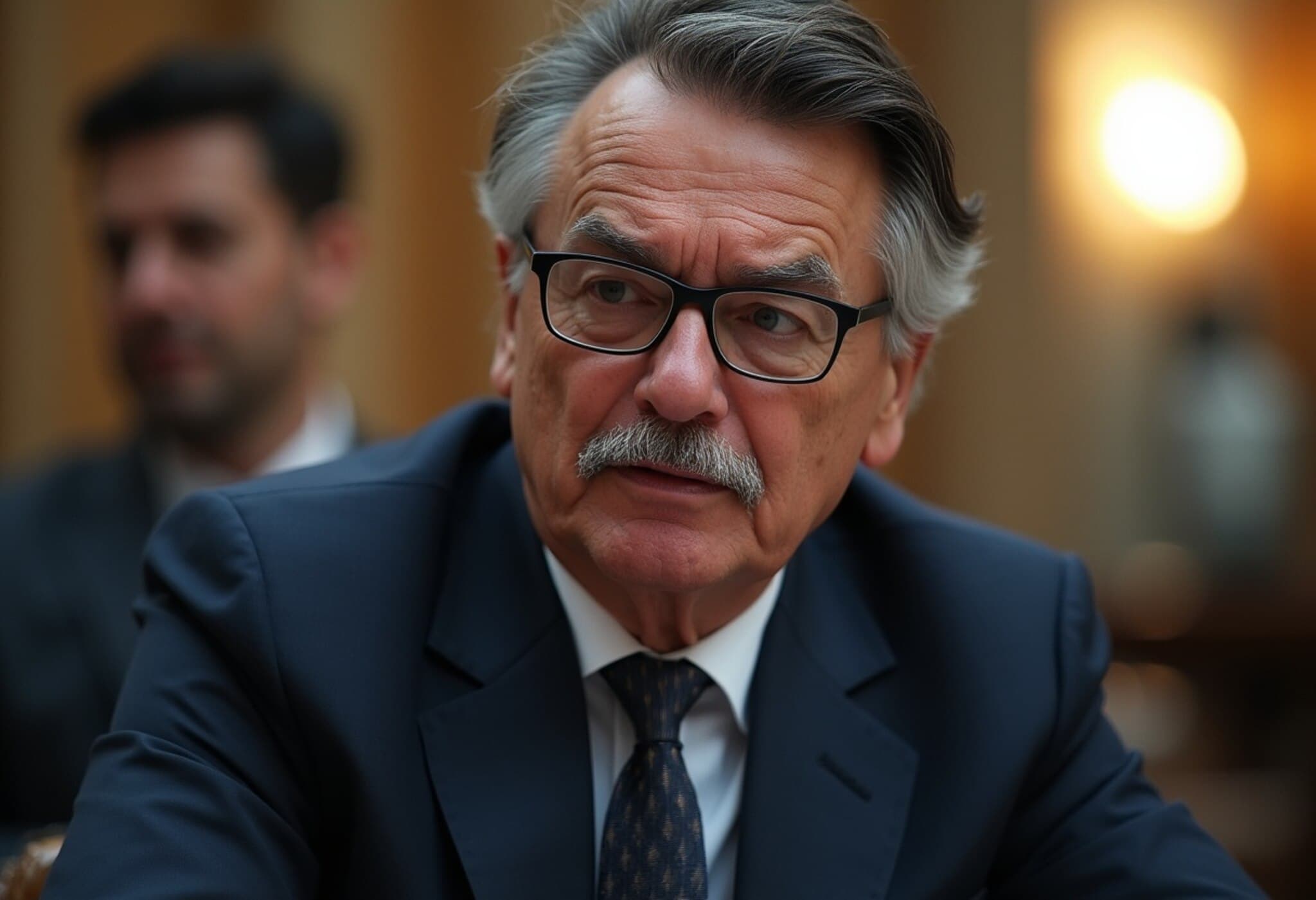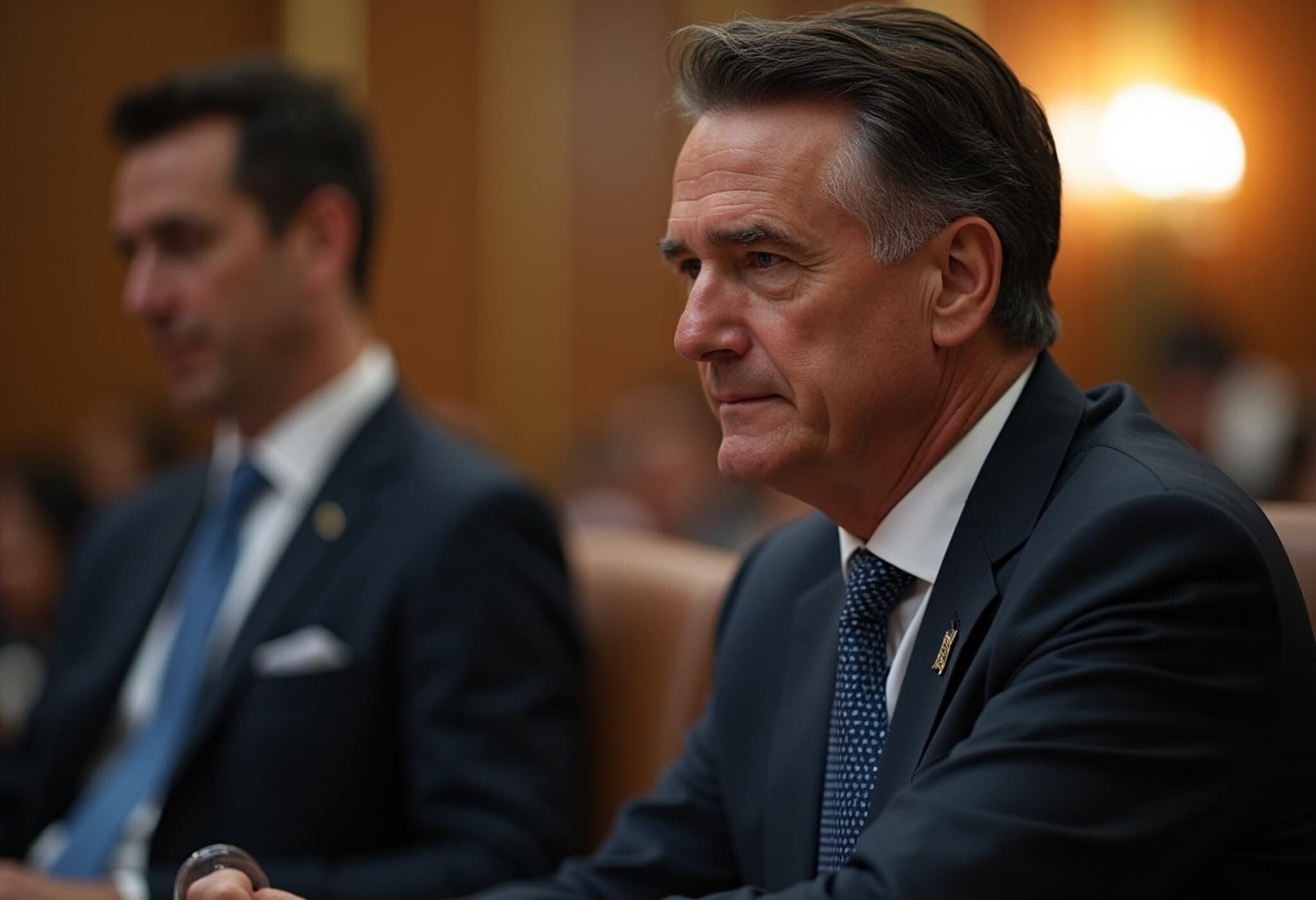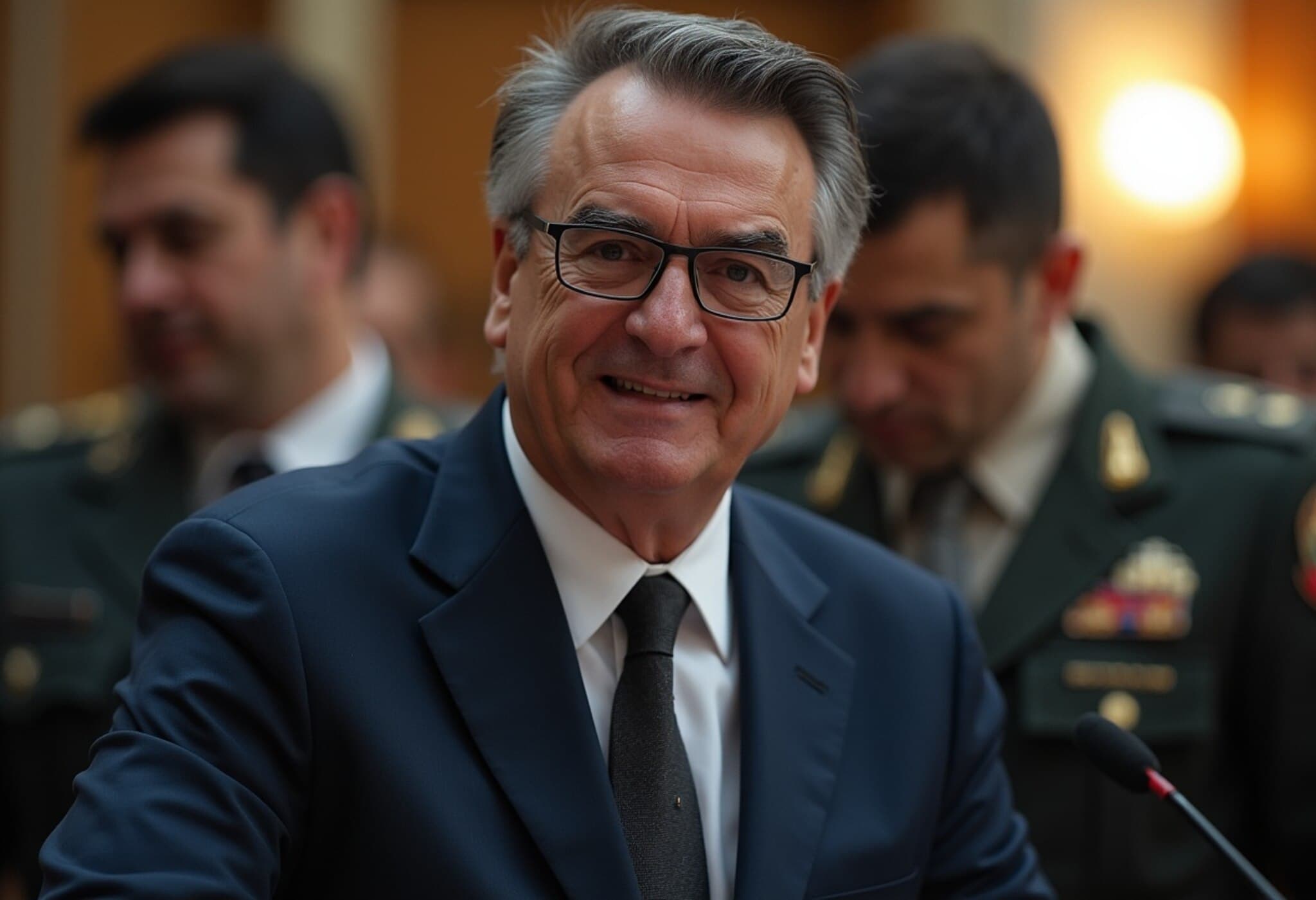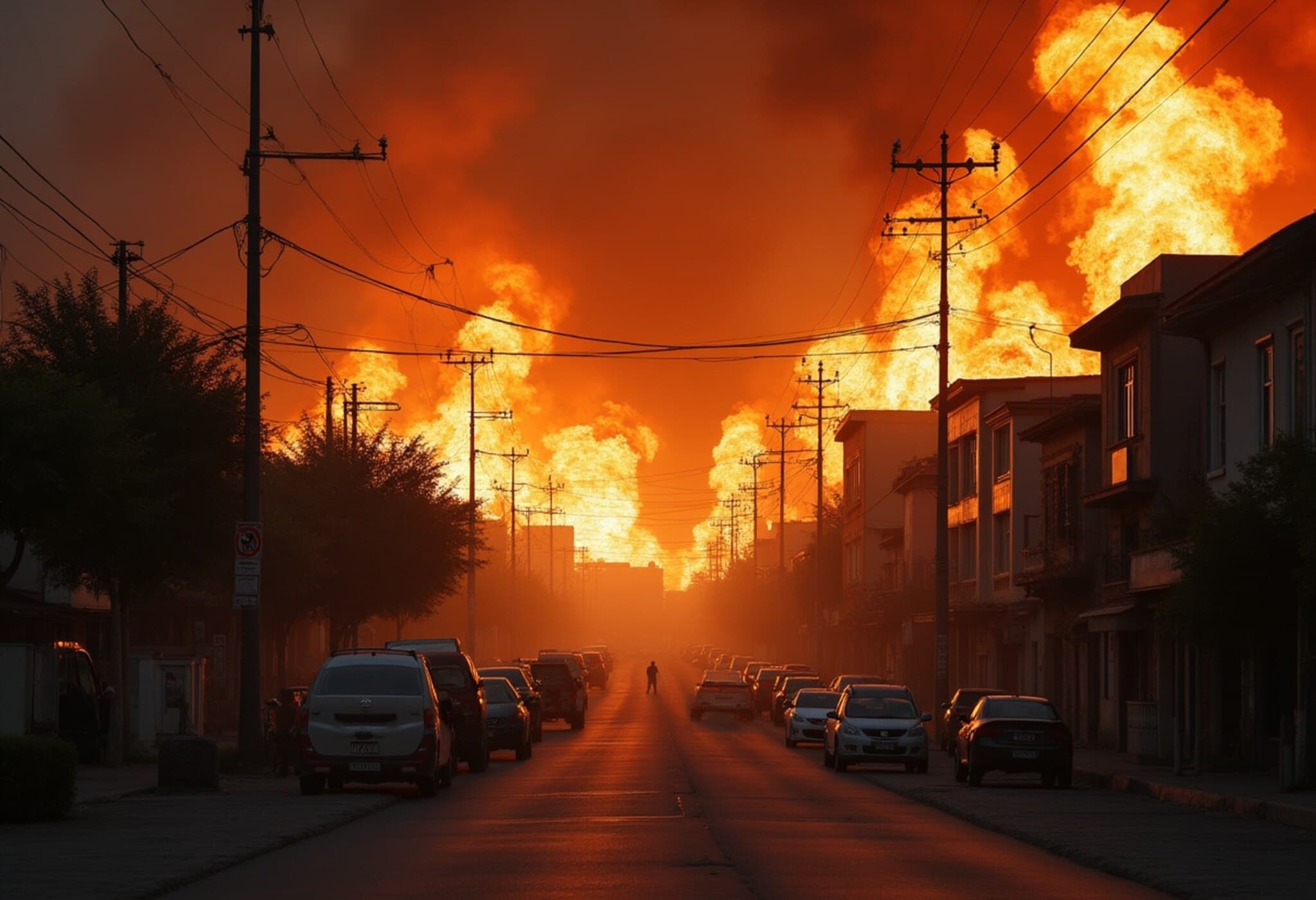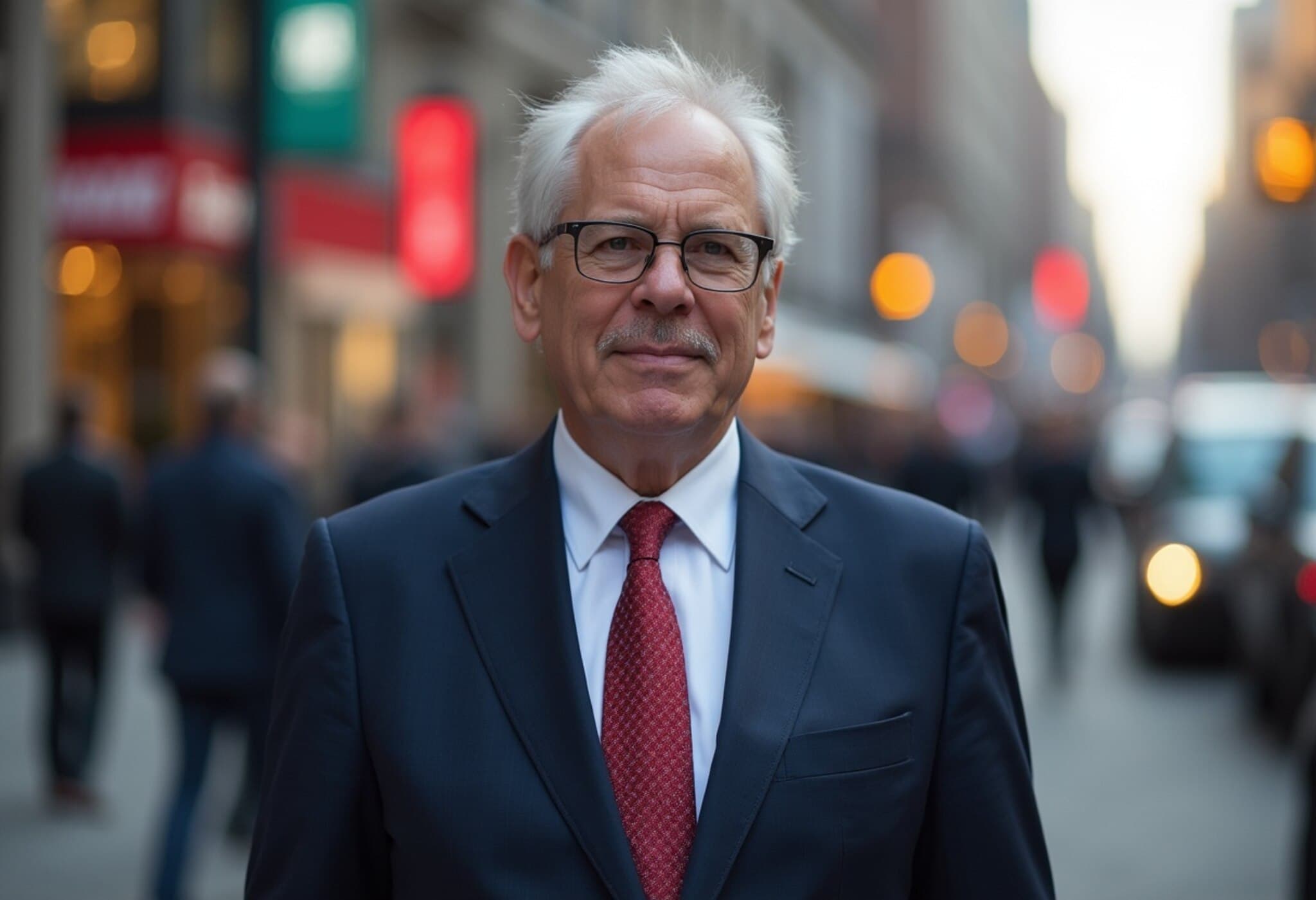Brazil’s Supreme Court Moves Toward Convicting Bolsonaro in Coup Plot
In a landmark judicial moment shaping Brazil’s democratic future, the Supreme Federal Court signaled it is poised to convict former President Jair Bolsonaro for his alleged involvement in a coup attempt following his 2022 electoral defeat. With three of five justices publicly voting to hold Bolsonaro accountable, the verdict, expected imminently, could carry profound legal and political consequences.
Allegations of a Coup and Electoral Subversion
Bolsonaro stands accused of orchestrating a sweeping conspiracy designed to delegitimize and overturn the 2022 presidential election results that ushered in Luiz Inácio Lula da Silva. Prosecutors allege that this plot extended beyond mere electoral fraud claims, encompassing plans to undermine ballots, recruit military backing, and even assassinate Lula before he assumed office.
Despite these grave accusations, Bolsonaro denies any coup plotting or assassination schemes. He admits, however, to researching "constitutional methods" to contest or potentially extend his tenure — a claim that raises critical questions about the elasticity of Brazil's political framework and respect for democratic norms post-election.
Supreme Court Deliberations: A Divided Bench
The trial's presiding justice, Alexandre de Moraes, initiated voting this week by endorsing Bolsonaro’s conviction on all charges. His statement was unequivocal: "There is no doubt that there was an attempted coup." Justices Flávio Dino and Cármen Lúcia Antunes Rocha aligned with Moraes, reinforcing the majority stance.
Conversely, Justice Luiz Fux dissented, highlighting the absence of direct evidence connecting Bolsonaro conclusively to the coup attempt. This dissent illuminates ongoing tensions within Brazil’s judiciary and reflects broader societal divides.
- 3/5 Justices voted to convict Bolsonaro of coup plotting.
- 1 Justice dissented, calling for acquittal.
- Verdict expected imminently, potentially by Thursday afternoon.
Legal and Political Stakes: More Than 40 Years at Risk
If convicted, Bolsonaro could face a prison sentence exceeding 40 years, along with a lifetime ban from holding public office — a seismic shift in Brazilian politics considering his prominence. This verdict marks the culmination of a months-long investigation and trial, during which testimonies from dozens—including Bolsonaro himself—were presented.
The former president has been under house arrest since being designated a flight risk. The trial also implicates seven close associates, underscoring a network allegedly designed to subvert Brazil’s democratic order.
Democracy Under Strain: Brazil’s Historical Context and Current Divisions
Brazil’s painful history with a military dictatorship (1964–1985) lends extraordinary weight to these proceedings. Many citizens view the prosecution as a critical defense of Brazil’s fragile democracy. Yet, Bolsonaro’s supporters perceive the trial as politically motivated, an attempt to exile a popular figure from Brazil’s political arena.
The polarization has been stark, intensifying social fissures two years after Bolsonaro’s supporters violently stormed government institutions—inked as Brazil’s own "Capitol attack." This underreported linkage between electoral subversion and violent extremism requires close examination amid global concerns about democratic backsliding.
International Repercussions and Diplomatic Tensions
The trial has sparked a diplomatic storm, notably straining relations between Brazil and the United States. Former U.S. President Donald Trump reportedly pressured American officials to halt Bolsonaro’s prosecution, including threats around tariffs and sanctions targeting Brazil’s judiciary and financial sectors.
Furthermore, Bolsonaro’s son, residing in the U.S., fiercely lobbied for intervention, accusing Justice Moraes of abuse and demanding protective measures. The Biden administration has countered with support for the Brazilian judiciary’s independence, signaling the delicate balance between geopolitics and sovereign justice.
What Comes Next?
The Court’s final ruling will not only settle Bolsonaro’s fate but will also serve as a referendum on Brazil’s democratic resilience. Observers should watch closely for:
- The official verdict announcement, expected within days.
- Potential appeals or legislative pushback.
- Impact on Brazil’s 2026 presidential elections, given Bolsonaro’s ineligibility if convicted.
As Brazil navigates these turbulent waters, the outcome will influence not only internal governance but also how Latin America and the world views democratic accountability in former strongman regimes.
Editor’s Note
This trial epitomizes the complex intersections of justice, politics, and history in a deeply divided Brazil. It raises critical questions about the strength of democratic institutions against authoritarian tendencies worldwide. For readers and policymakers alike, it is essential to consider how judicial processes can uphold democracy without deepening political polarization. Brazil’s Supreme Court verdict will resonate far beyond its borders, serving as a cautionary tale and a test of the rule of law in modern democracies.

